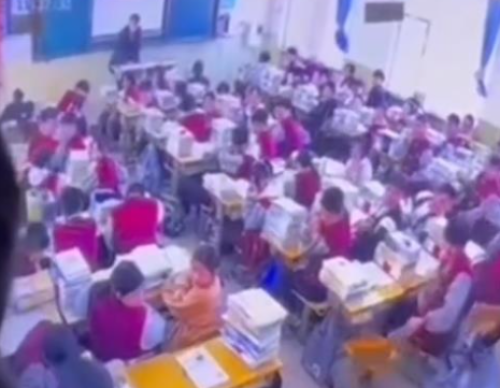## Labour Arbitration in Beijing: A Comprehensive Guide
Introduction
Beijing, as the capital of China, is a bustling metropolis with a thriving labour market. However, disputes between employers and employees are not uncommon. In such cases, labour arbitration offers a crucial avenue for resolving conflicts without resorting to lengthy and costly litigation. This article provides a comprehensive guide to navigating the labour arbitration process in Beijing, outlining its legal framework, procedures, and key considerations.
.jpg)
Legal Framework
The primary legal basis for labour arbitration in Beijing is the Labour Contract Law of the People's Republic of China. This law establishes the rights and obligations of both employers and employees, including the procedures for resolving labour disputes.
According to Article 89 of the Labour Contract Law, labour disputes can be submitted to mediation by a trade union, enterprise labour dispute mediation committee, or local labour administrative department. If mediation fails, either party may apply for arbitration with the local arbitration commission within 60 days from the date of the mediation's conclusion or 6 months from the date the dispute arose.
Procedures
1. Filing an Application
To initiate labour arbitration, the aggrieved party (employee or employer) must file an application with the relevant arbitration commission. The application should include:
Basic information of both parties Description of the dispute Evidence supporting the claims Specific requests for relief
2. Acceptance and Investigation
The arbitration commission will review the application and decide whether to accept the case. If the case is accepted, the commission will investigate the facts and collect evidence. This may involve interviewing witnesses, examining documents, and conducting site inspections.
3. Hearing
A hearing is typically held to provide both parties an opportunity to present their arguments and evidence. The hearing is presided over by a panel of arbitrators, who are typically lawyers, labour experts, or representatives from government agencies.
4. Award
After the hearing, the arbitration panel will issue an award, which may include:
Ordering the defendant to perform a specific obligation (e.g., reinstate the employee) Granting monetary compensation Dividing disputed property Invalidating an agreement or decision
5. Enforcement
The arbitration award is legally binding and enforceable. If the losing party refuses to comply with the award, the prevailing party may apply to the people's court for enforcement.
Key Considerations
1. Time Limits
As mentioned earlier, there are specific time limits for filing for arbitration. Failure to adhere to these deadlines may result in the dismissal of the case.
2. Representation
Parties may choose to be represented by legal counsel or trade union representatives during the arbitration process. It is advisable to seek professional guidance, especially in complex or high-stakes disputes.
3. Costs
Arbitration typically involves fees, including application fees, hearing fees, and witness fees. These costs are generally borne by the losing party.
4. Alternative Dispute Resolution
Before resorting to arbitration, parties may consider alternative dispute resolution methods, such as mediation or conciliation. These methods can be less adversarial and potentially more efficient.
Conclusion
Labour arbitration in Beijing provides a reliable and expeditious mechanism for resolving employer-employee disputes. By understanding the legal framework, procedures, and key considerations outlined in this article, parties can navigate the process effectively and protect their rights and interests.


.jpg)